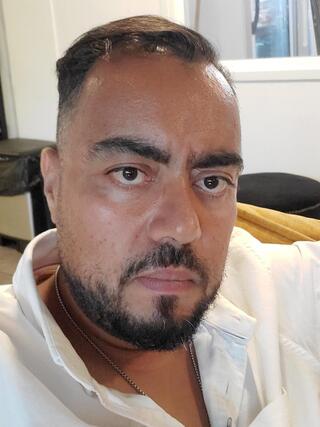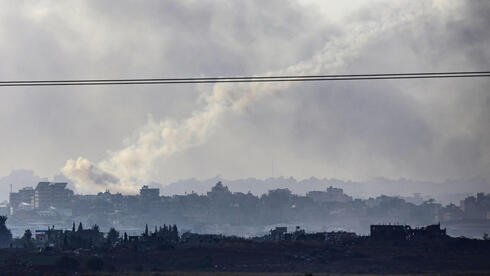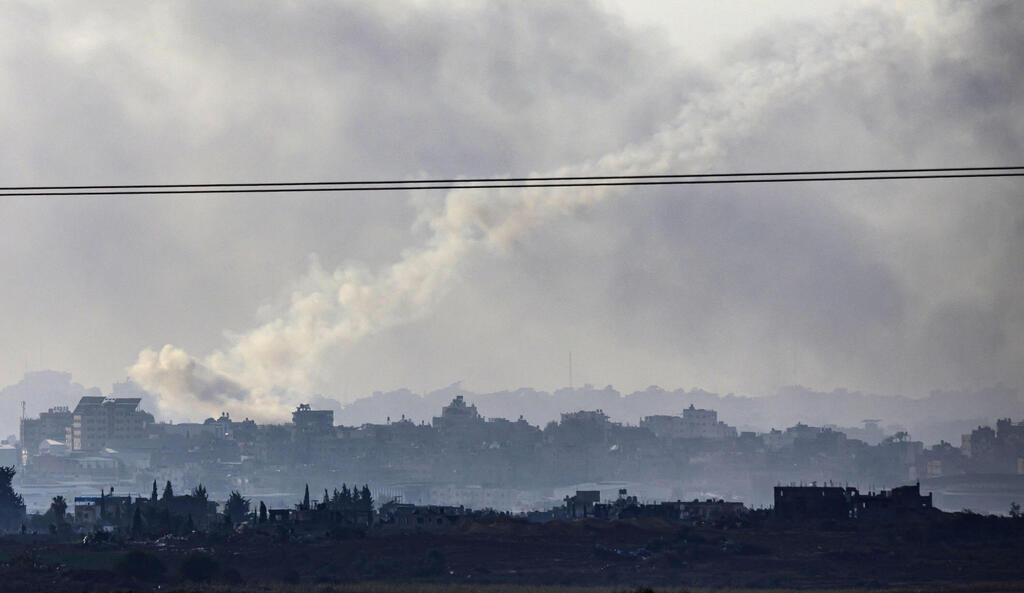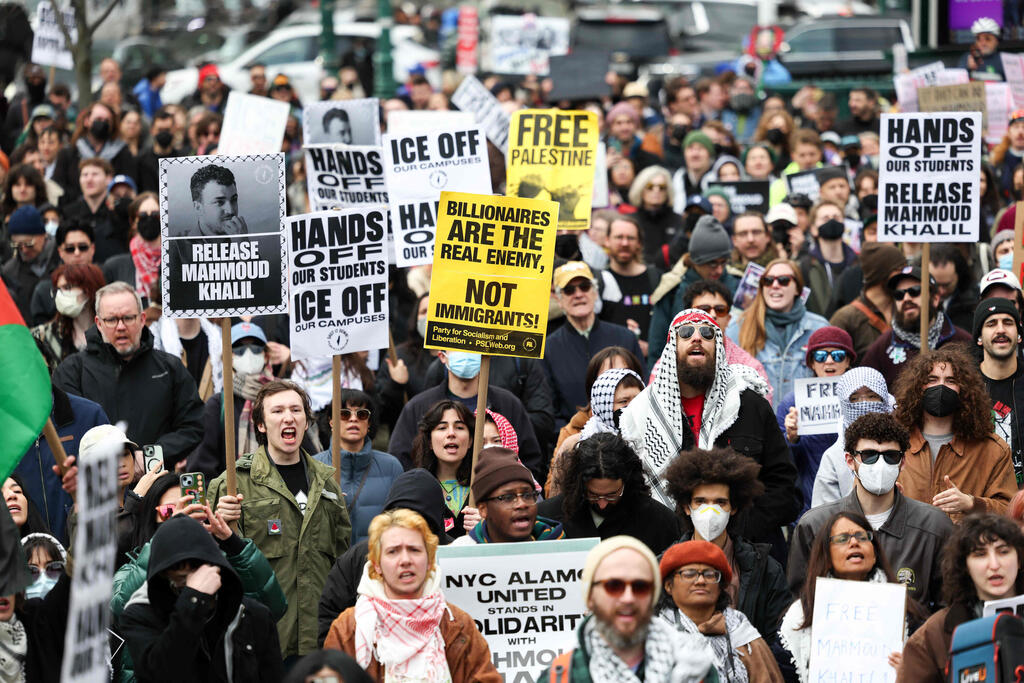In the 21st century’s unending war for public opinion, victory is never final. The moment one battle ends, the next begins. To win tomorrow, it is essential to be honest about the challenges of today. The fierce information war that raged alongside recent conflicts was a clear signal: the classic playbook of defensive advocacy is now dangerously outmatched by the speed and ferocity of modern digital strategies. A reactive posture in a viral world is a losing one.
The operational model for this is not a central command, but a network. It involves identifying and empowering hundreds of independent creators, providing them with raw footage, data points and micro-grants. The goal is not for every video to go viral, but to complicate the algorithm. By creating a high volume of diverse and authentic content, it becomes impossible for a casual observer to see only one side of the story. This saturation strategy shatters the simplistic, monstrous caricature of Israel and forces a cognitive reappraisal of the conflict’s complexity.
For years, vast resources have been poured into fighting ideological fires on university campuses where the rulebook is rigged. In many Middle Eastern studies departments, the intellectual frameworks have already cast Israel as a uniquely villainous actor. The innovative solution is not simply to reform them, but to outflank them by building new, more credible structures.
The strategy must be to fund and establish new, independent Institutes for contemporary Middle Eastern studies at major universities. These institutes, with their own charters and endowments, would have a broader and more honest mandate: to study the entire region in all its complexity. Their focus would include the geopolitical success of the Abraham Accords, the strategic threat of Iranian expansionism, the rights of minority groups across the Middle East and the rich, often-overlooked history of Jews from Arab lands.
These institutes would serve as the hub of an “intellectual supply chain.” They would host international conferences, offer post-doctoral fellowships to rising scholars who challenge stale orthodoxies and develop open-source curricula for secondary schools. They would fund deep-dive scholarship into critical areas—from the law of urban warfare to the sociology of deradicalization—creating an unassailable foundation of credible research for diplomats, journalists and advocates to draw upon.
A defensive posture in the world’s courts is a guarantee of losing ground. It allows hostile actors to frame the narrative, culminating in absurdities like the ICJ’s “genocide” hearings against a nation defending itself from a genocidal terrorist group. It is time to go on the legal offensive.
A globally coordinated “Global Justice Task Force,” comprised of top-tier international lawyers, must be launched. Its sole mission: to relentlessly pursue Hamas leaders, their financiers and their state sponsors for their crimes. This means using universal jurisdiction laws in countries like Spain or Germany to file cases against specific terrorist leaders. It involves initiating class-action lawsuits in the United States on behalf of victims of terror against financial institutions that knowingly handle funds for terror-affiliated organizations.
 Amine Ayoub
Amine AyoubThis task force would also aggressively submit amicus briefs to bodies like the ICC, challenging their jurisdiction and presenting evidence of Hamas’ systematic war crimes. This proactive legal strategy changes the media conversation. It forces international bodies and news outlets to cover the criminality of Israel’s enemies, imposing real legal and financial costs on them and flipping the script of who is the defendant and who is seeking justice.
Finally, it must be understood that political persuasion is only one part of the battle. Pro-Israel communities in the Diaspora are strong, but they are tired of being constantly on the defensive. Students, in particular, need more than just talking points; they need “civic resilience.” This means providing sophisticated training workshops on media literacy to spot manipulated videos, seminars on the logical fallacies that underpin anti-Israel arguments and mental health resources to cope with harassment.
Beyond defense, the most profound impact lies in cultural exports. Art travels further and deeper than propaganda. A single season of a globally acclaimed series like Tehran or Fauda does more to humanize the complexities and security dilemmas of Israeli life than a thousand press releases. A strategic investment fund should be created to nurture the next generation of Israeli creators. This fund would support co-productions with international giants like Netflix or HBO, ensuring global distribution. It would provide grants to promising Israeli screenwriters, directors and authors, and sponsor international tours for Israeli musicians and artists. By embedding the Israeli story within world-class entertainment, a deeper, more empathetic understanding can be fostered.
Winning isn’t a destination; it’s a discipline. It demands constant innovation and the courage to abandon old methods for new battlefields. The challenges are relentless, but the resolve to meet them must be greater. It is time for a smarter, tougher and more confident strategy—one that stops apologizing for Israel’s strength and starts using all the tools at its disposal to secure a victorious future.
-
Amine Ayoub, a Middle East Forum fellow, is a policy analyst and writer based in Morocco.






